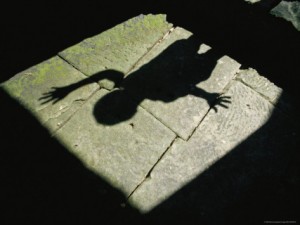 I’ve just watched an in depth report about a baby boy born via surrogacy in India on November 12, 2012, and left behind by his Australian parents. This tragic story highlights the dirty side of buying and selling and trafficking in children, the complicity of government officials, and the corrupt $500 million per year surrogacy industry in India.
I’ve just watched an in depth report about a baby boy born via surrogacy in India on November 12, 2012, and left behind by his Australian parents. This tragic story highlights the dirty side of buying and selling and trafficking in children, the complicity of government officials, and the corrupt $500 million per year surrogacy industry in India.
Children’s rights advocates of Against Child Trafficking, Arun Dohle and Anjali Pawar, both signers of the international StopSurrogacyNow campaign, are featured in this news story. They are working with Samantha Hawley, a journalist with the Australian Broadcast Corporation, to find out what has become of this boy.
The commissioning parents, who are citizens of Australia, went to India to hire a surrogate to have a child. At six weeks into the pregnancy, it was discovered that the surrogate was pregnant with twins: a boy and a girl. When the surrogate gave birth, the parents worked with the Australian government to secure only one passport, for the baby girl.
They said (1) they already had a boy, (2) they wanted a girl to complete their family, and (3) they couldn’t afford to have three children.
It is chilling to watch this exposé.
Several prominent judges in Australia took up the case to investigate what became of the boy and if the Australian government was guilty of aiding and abetting the abandonment of the boy. Arun Dohle, Anjali Pawar, and Samantha Hawley use the birth date to search for clues regarding where the child was born, who the surrogate mother was, what clinic was used, if there are any adoption records, etc. all in the hopes of finding out what has happened to this boy.
Extended family members on camera assure the reporter that the boy was adopted into a very wealthy home and that this matter should be left alone.
The fear, of course, is that this baby boy was either abandoned or sold. Until he is found, I know that Arun and Anjali will seek justice for the rights of this child, which have been so grossly violated.
Reprinted with permission from the Center for Bioethics and Culture.



